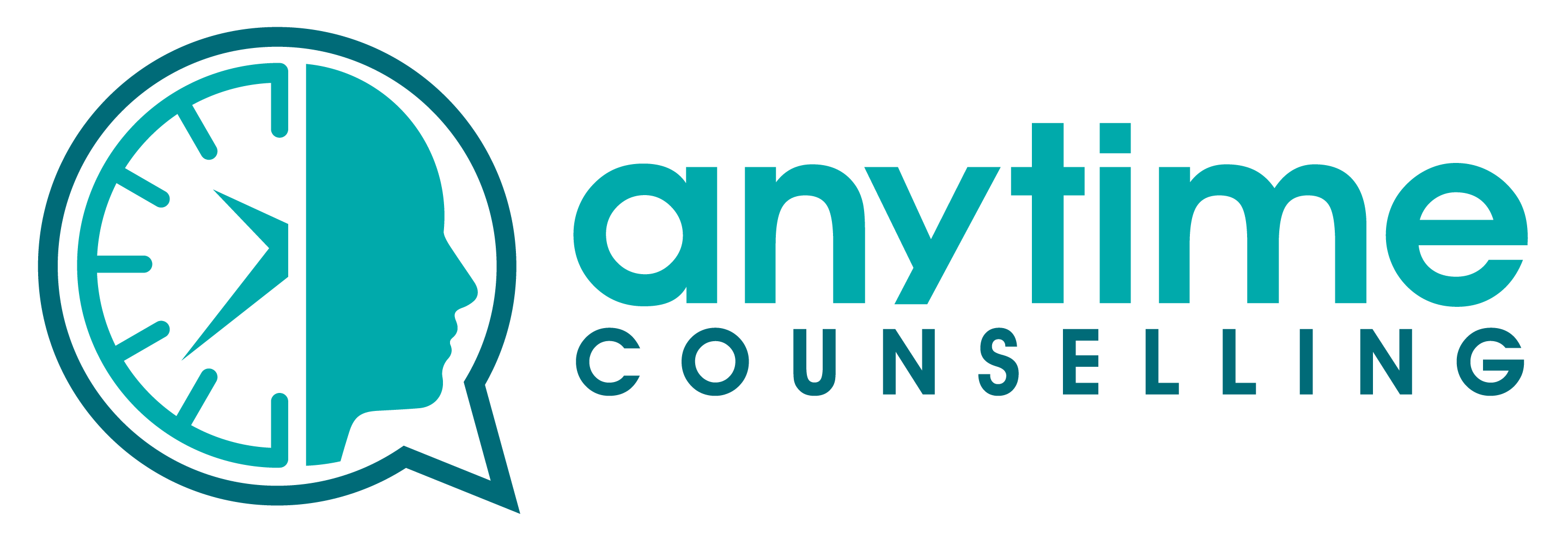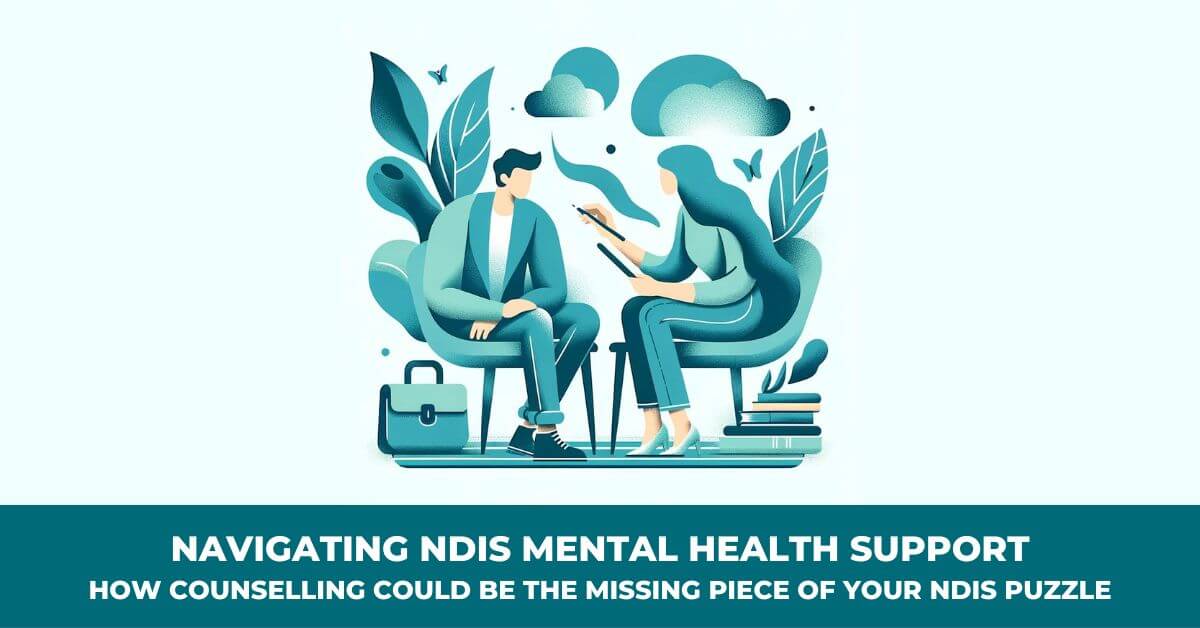
Special Offer: 50% Off Your First Counselling Session!
Feeling overwhelmed? It’s time to put yourself first. For a limited time, enjoy your first counselling session at Anytime Counselling for half the normal cost. Don’t wait – book now and start your journey to a better tomorrow…today!













